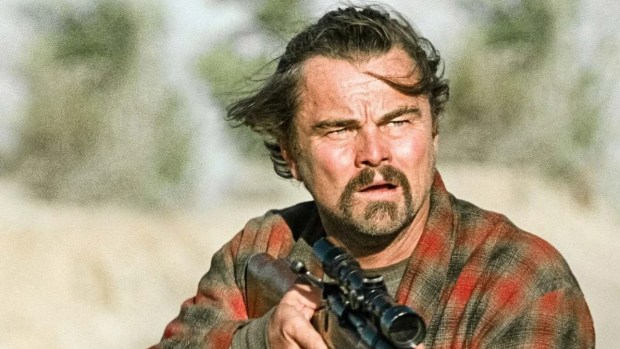
Paul Thomas Anderson Addresses Political Violence in "One Battle After Another"
Paul Thomas Anderson, the acclaimed director behind "One Battle After Another," has made it clear that viewers should not overanalyze the film's depiction of violence in relation to real-world events. During a press tour for his latest project, Anderson engaged in discussions with the French publication Le Figaro, addressing a range of topics including his return to adapting a Thomas Pynchon novel, his near-collaboration with Leonardo DiCaprio on "Boogie Nights," and a missed opportunity to work with Tom Cruise on the "Mission: Impossible" franchise.
Anderson also touched on the controversy surrounding the political violence portrayed in his new film, especially following the assassination of Charlie Kirk. The interviewer drew parallels between the movie’s themes and the murder of Minnesota Democrat Melissa Hortman. In response, Anderson expressed his view that the film is an action-comedy that is far removed from reality. He emphasized that his focus is on selling movie tickets for a fictional story rather than drawing direct connections to real-life events.
The film found itself under scrutiny after the tragic death of Kirk, which sparked nationwide conversations about political violence in a deeply divided country. This led some individuals to avoid engaging with the film, even as it received widespread critical acclaim. One user on the social media platform X stated they opted out of an early screening, expressing a desire to avoid further fueling political tensions.
Despite this, the majority of audiences have embraced the film, which is set to open to the public later in the week. "One Battle After Another" follows Leonardo DiCaprio as Bob Ferguson, an ex-revolutionary whose past resurfaces, threatening the life of his teenage daughter. The film marks Anderson's first modern-day setting since 2002's "Punch-Drunk Love." It explores timely issues such as immigration detention centers, sanctuary cities, and white nationalism, making it a relevant commentary on current societal challenges.
Anderson and DiCaprio have a history of collaboration. When the filmmaker was working on his second feature, "Boogie Nights," he initially offered the role of Dirk Diggler to DiCaprio. However, the actor declined, leading to Mark Wahlberg taking the part instead. Anderson reflected on this decision, noting that DiCaprio had the choice between "Boogie Nights" and "Titanic" at the time. He suggested that DiCaprio believed it was important to pursue a project that could reach a broader audience, given his previous work on more niche, auteur films.
This insight into their professional relationship highlights the evolving nature of DiCaprio's career and the decisions that shape the film industry. While Anderson may not have been able to secure DiCaprio for "Boogie Nights," the two have continued to collaborate on other projects, showcasing the dynamic nature of creative partnerships in Hollywood.
As "One Battle After Another" prepares for its release, it continues to spark conversations about the intersection of art and politics. Anderson's approach to the film emphasizes the importance of storytelling without directly commenting on real-world events, allowing audiences to engage with the narrative on their own terms.

Post a Comment